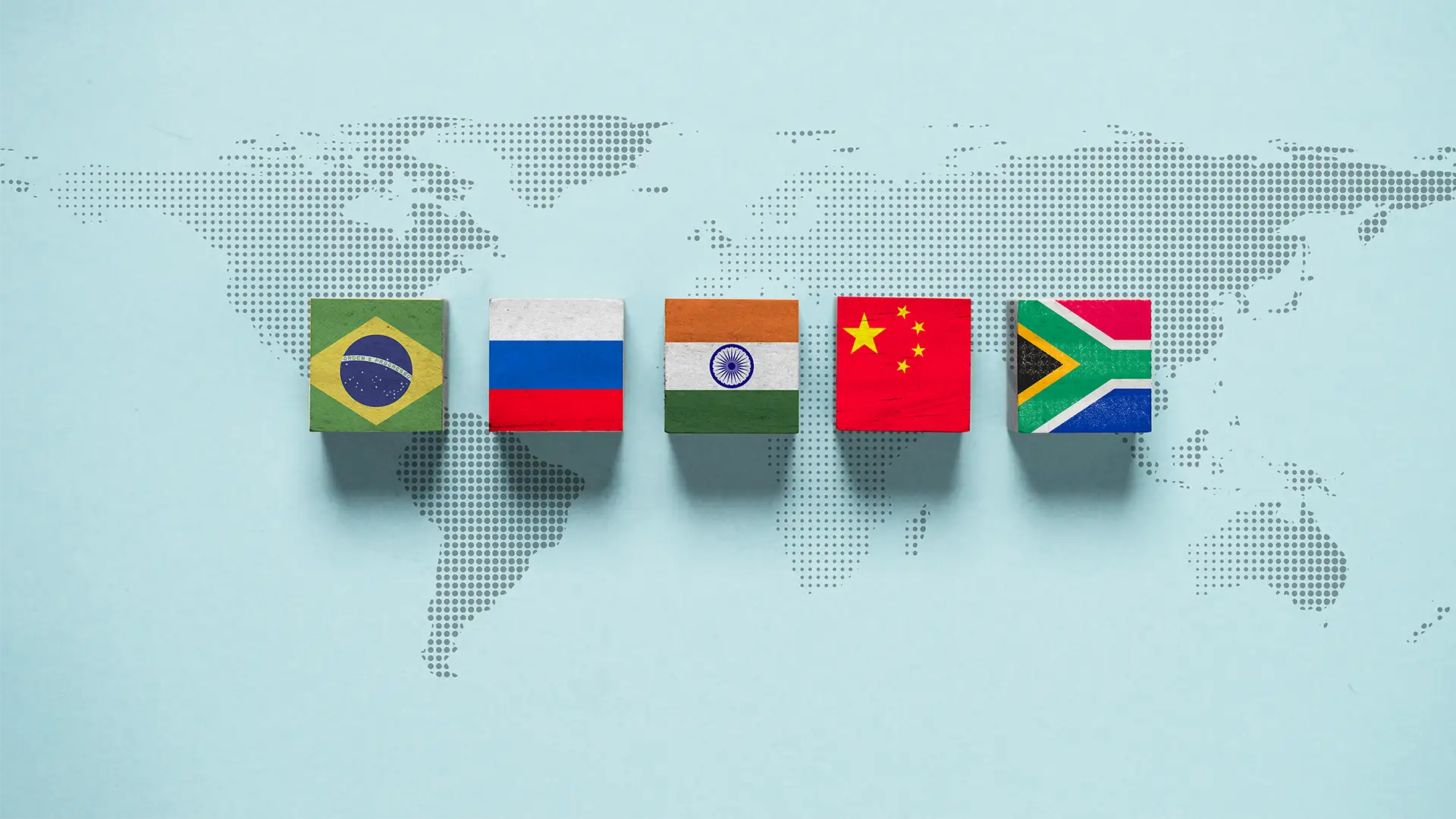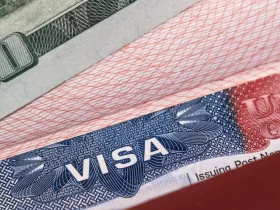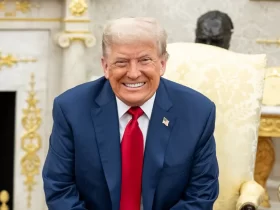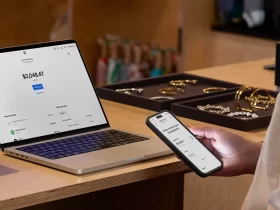BRICS is an economic bloc made up of five emerging countries: Brazil, Russia, India, China and South Africa. While it may sound like something you hear about in the news and don’t pay much attention, BRICS is gaining relevance globally, and is something that is shaping the future of the world economy. But what does it really mean and why should you care?
What is BRICS?
The term “BRICS” originated in 2001, when an economist named Jim O’Neill coined it to group Brazil, Russia, India and China as fast-growing economies. Later, in 2010, South Africa joined the group, completing the acronym with the “S”. What is interesting about BRICS is that, unlike other alliances such as the European Union or the G7, it is not a formal bloc with a treaty backing it, but rather a forum for economic and political cooperation and coordination among these nations.
What do these countries have in common?
The BRICS countries represent some of the world’s largest and fastest growing economies, and together, they comprise about 40% of the world’s population. They also account for approximately 25% of global GDP – that’s a lot! Although these countries are very different in terms of culture, politics and economics, they all share an interest in balancing the influence of traditional economic powers such as the United States and Europe.
What unites them is their desire to have more say in global decision-making, especially in international financial institutions such as the International Monetary Fund (IMF) and the World Bank, which have historically been dominated by Western countries.
How does BRICS impact the world economy?
- Shift in the balance of economic power: Traditionally, the world’s strongest economies have been the United States, Japan and the European Union. However, the growth of the BRICS countries is changing that picture. China and India, for example, are among the fastest growing economies, and China has already overtaken the United States as the world’s largest economy in terms of purchasing power. This means that, in the long term, BRICS could play a much bigger role in how the global economy is managed.
- Trade among BRICS members: One of the main objectives of this group is to increase trade among its members, without relying so much on the major Western powers. In fact, they have created their own bank, called the New Development Bank, which seeks to finance infrastructure and development projects in emerging countries. In this way, these countries can boost their growth without depending on institutions such as the IMF or the World Bank, which often impose strict conditions on loans.
- Currency diversification: Another important impact BRICS is having on the world economy is its focus on reducing dependence on the U.S. dollar as the international reserve currency. Some BRICS countries, particularly China and Russia, have explored trade agreements using their own currencies instead of the dollar. If more countries adopt this practice, it could reduce the influence of the dollar in global markets.
- Innovation and technology: With such a vast population and growing economies, the BRICS are also investing heavily in technology and innovation. China and India, for example, are becoming leaders in areas such as artificial intelligence, space technology and biotechnology. This is not only enabling them to improve their own economies, but they are also competing with Western economies in these key sectors.
Challenges of BRICS
While its impact is undeniable, BRICS faces challenges. One of the biggest is the diversity among its members. It is not the same to talk about the political and economic situation in China as in Brazil or South Africa. Cultural, economic and political differences sometimes make full cooperation difficult. In addition, the COVID-19 pandemic affected these countries differently, and economic recovery has also been uneven.
Another challenge is that geopolitical tensions can affect group unity. For example, relations between India and China have been strained in recent years due to territorial disputes, which may complicate cooperation within BRICS.
Final thoughts
In summary, BRICS is a bloc that is redefining the global economic map. Although it is not as structured an alliance as others, its growing influence on the world economy is something that cannot be ignored. With rapidly growing economies, large populations and a focus on changing the rules of the global economic game, BRICS is a group that will continue to be a talking point for years to come.
So the next time you hear about BRICS, know that it’s more than just an acronym – it’s an alliance that is changing the course of the global economy. Stay tuned!








































Leave a Reply